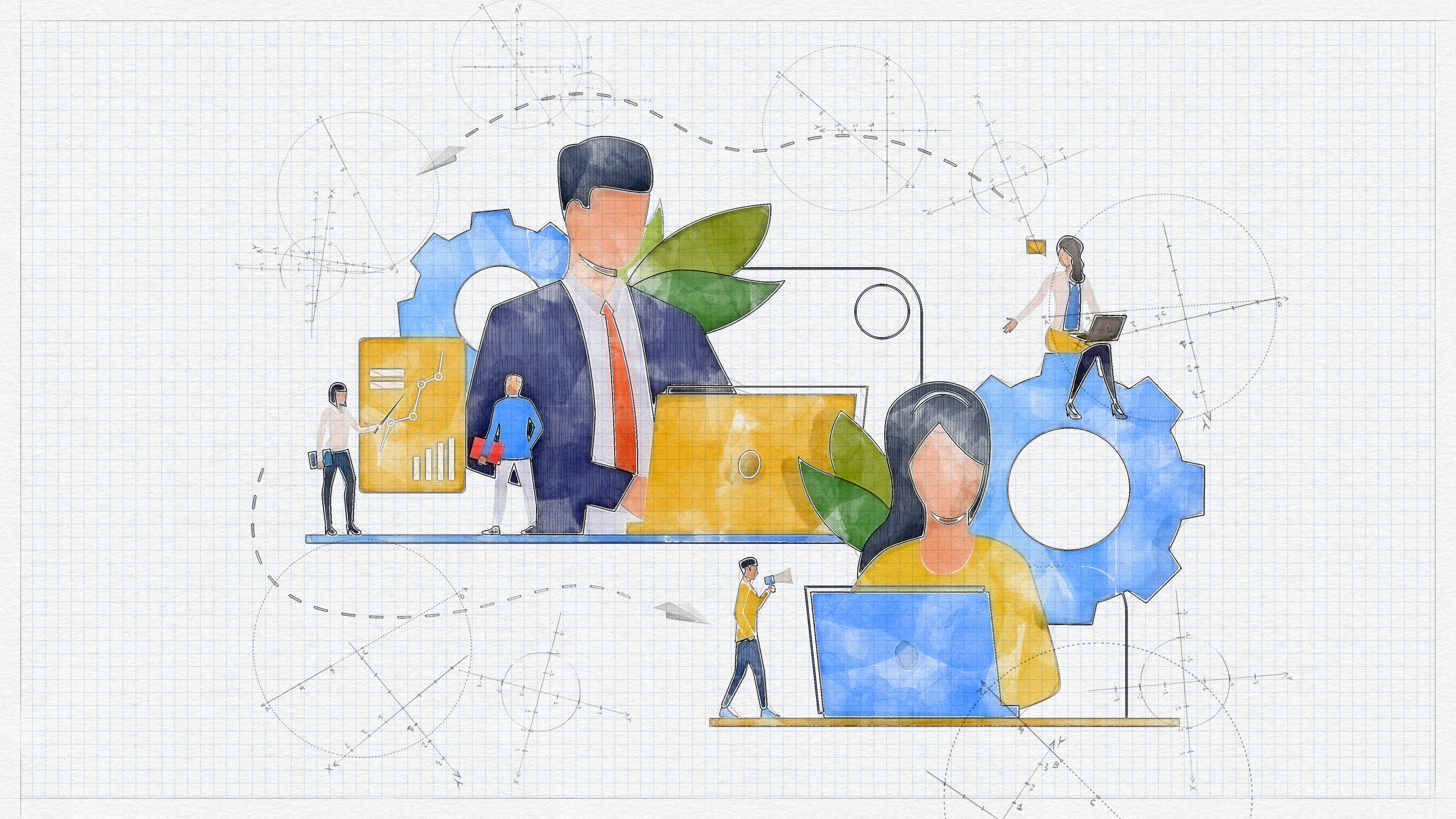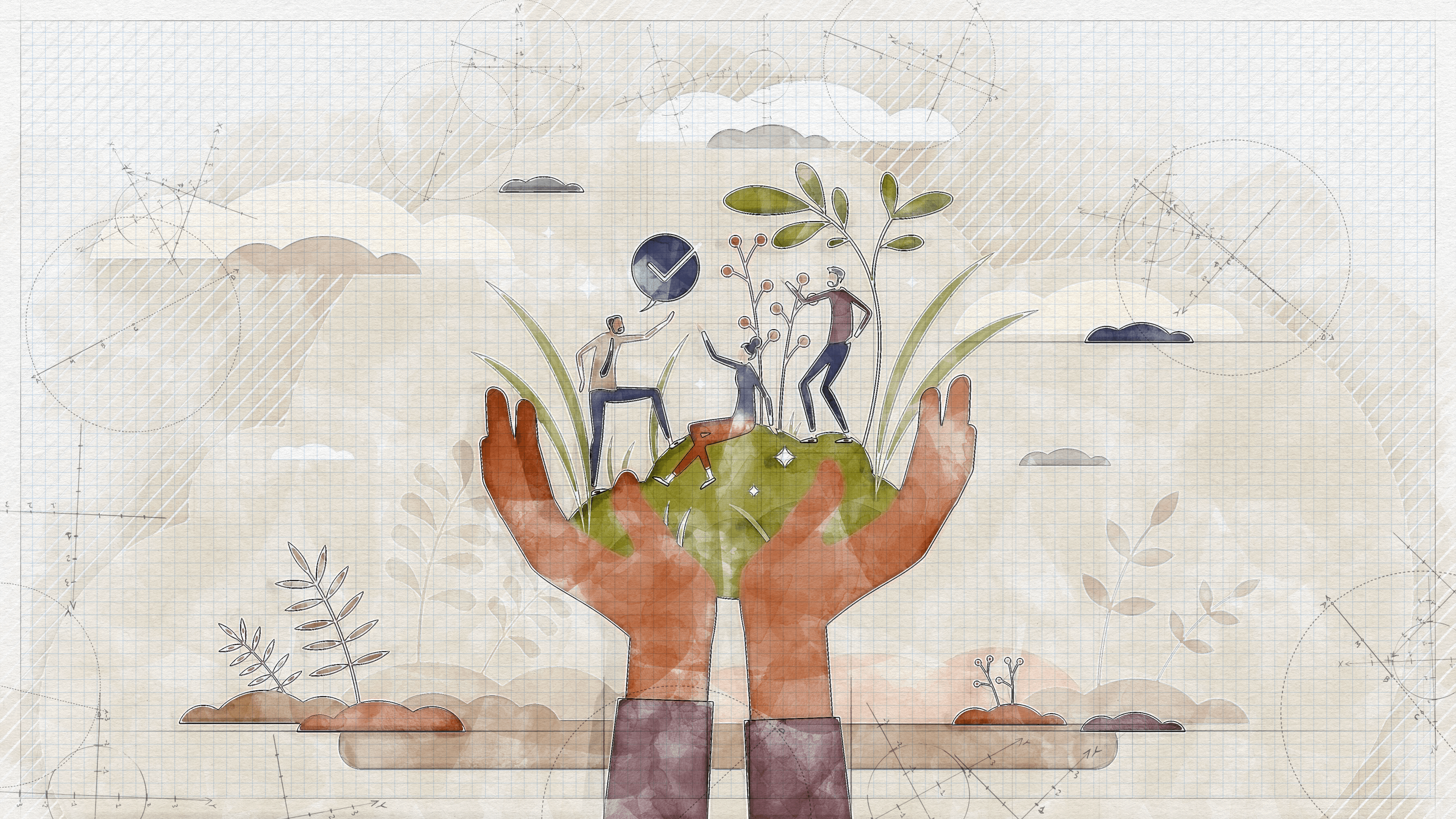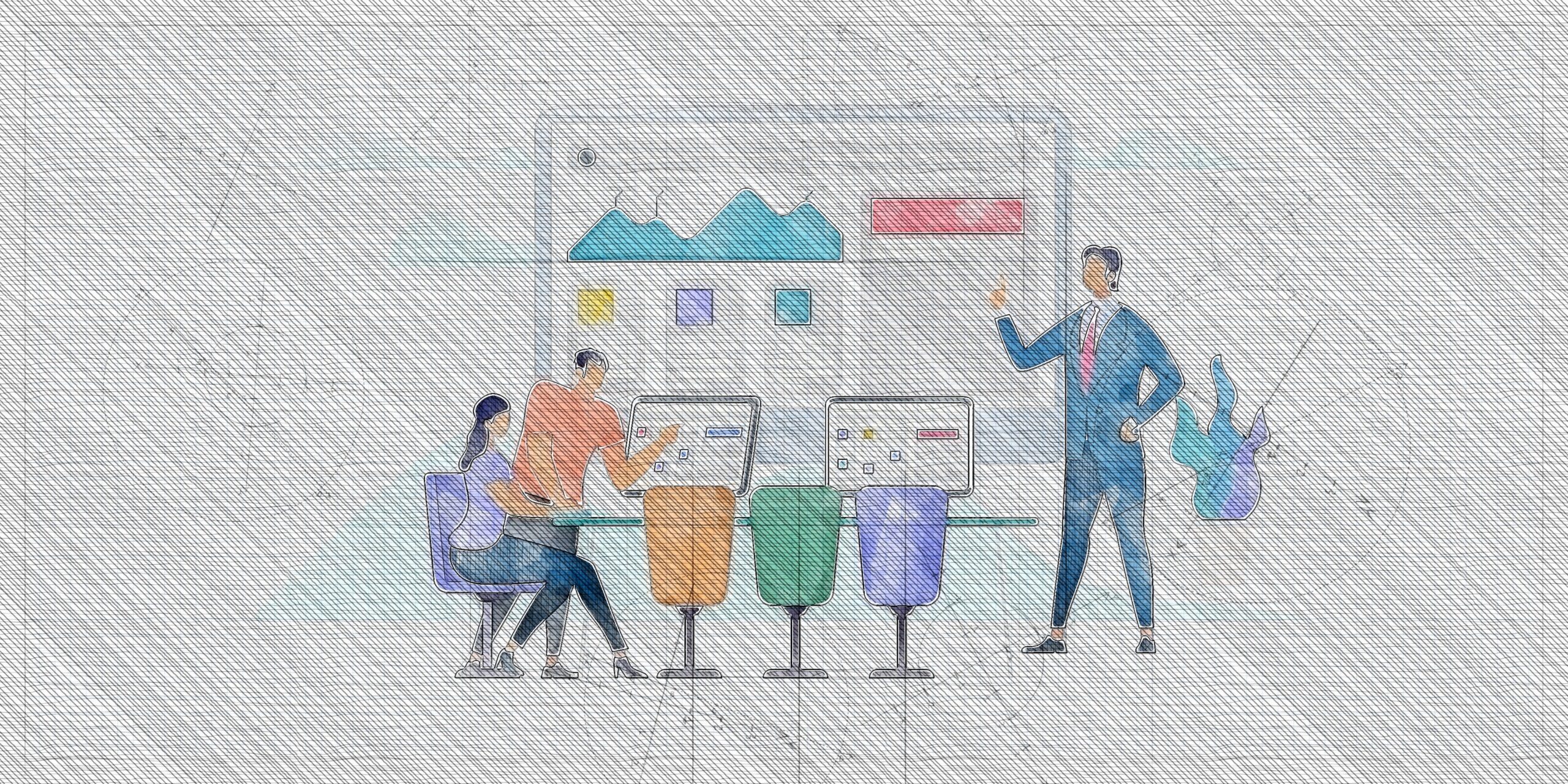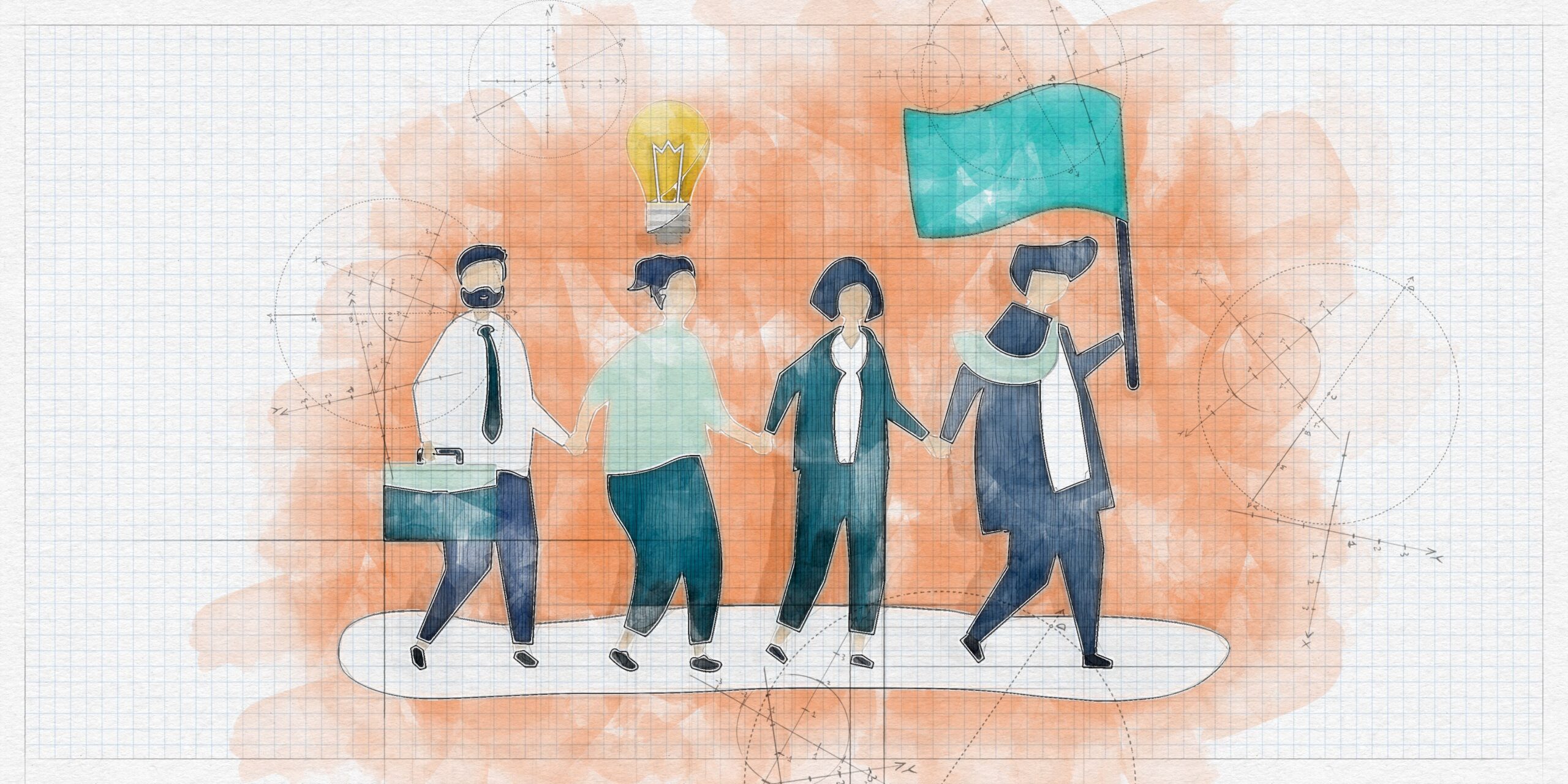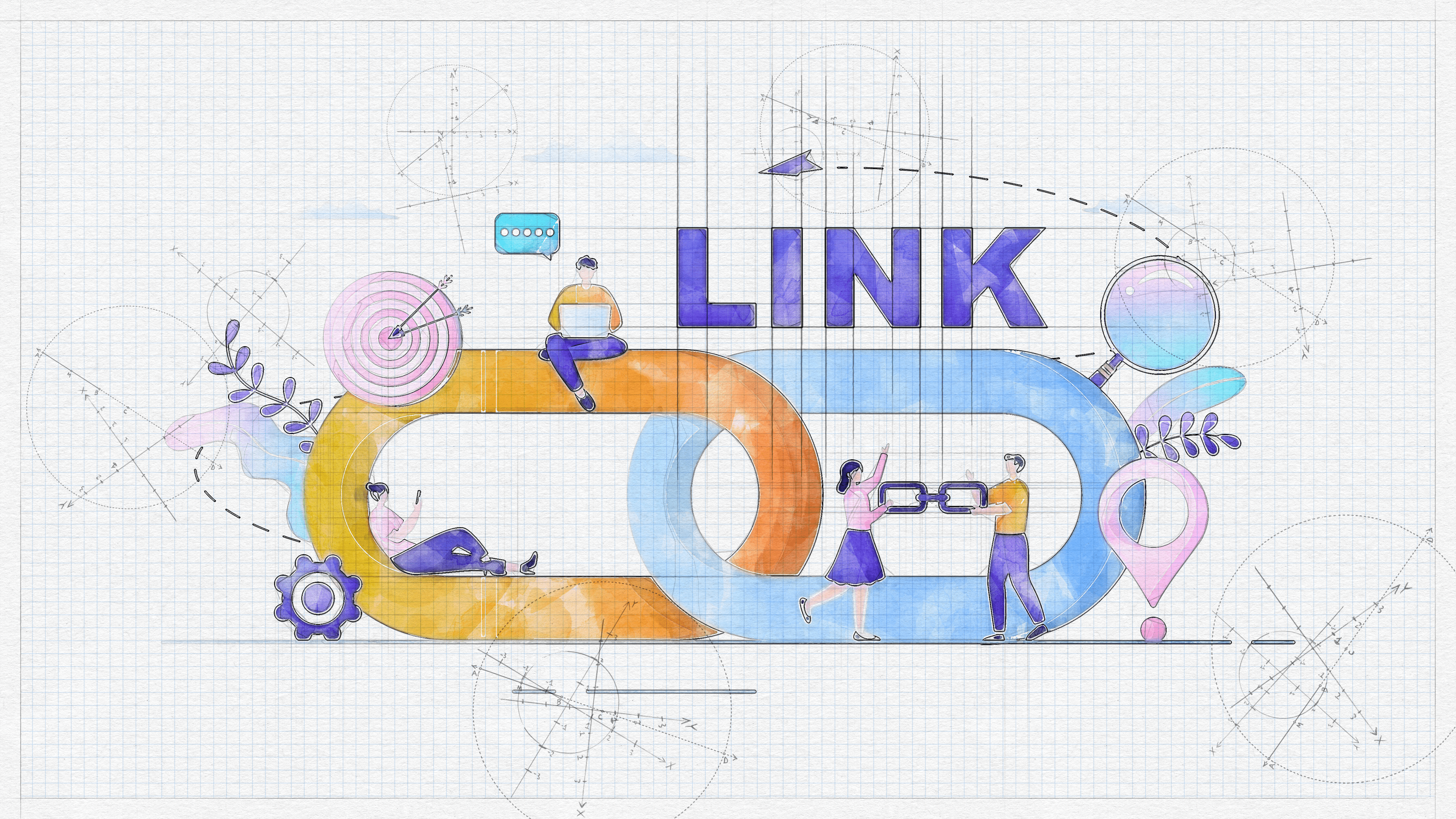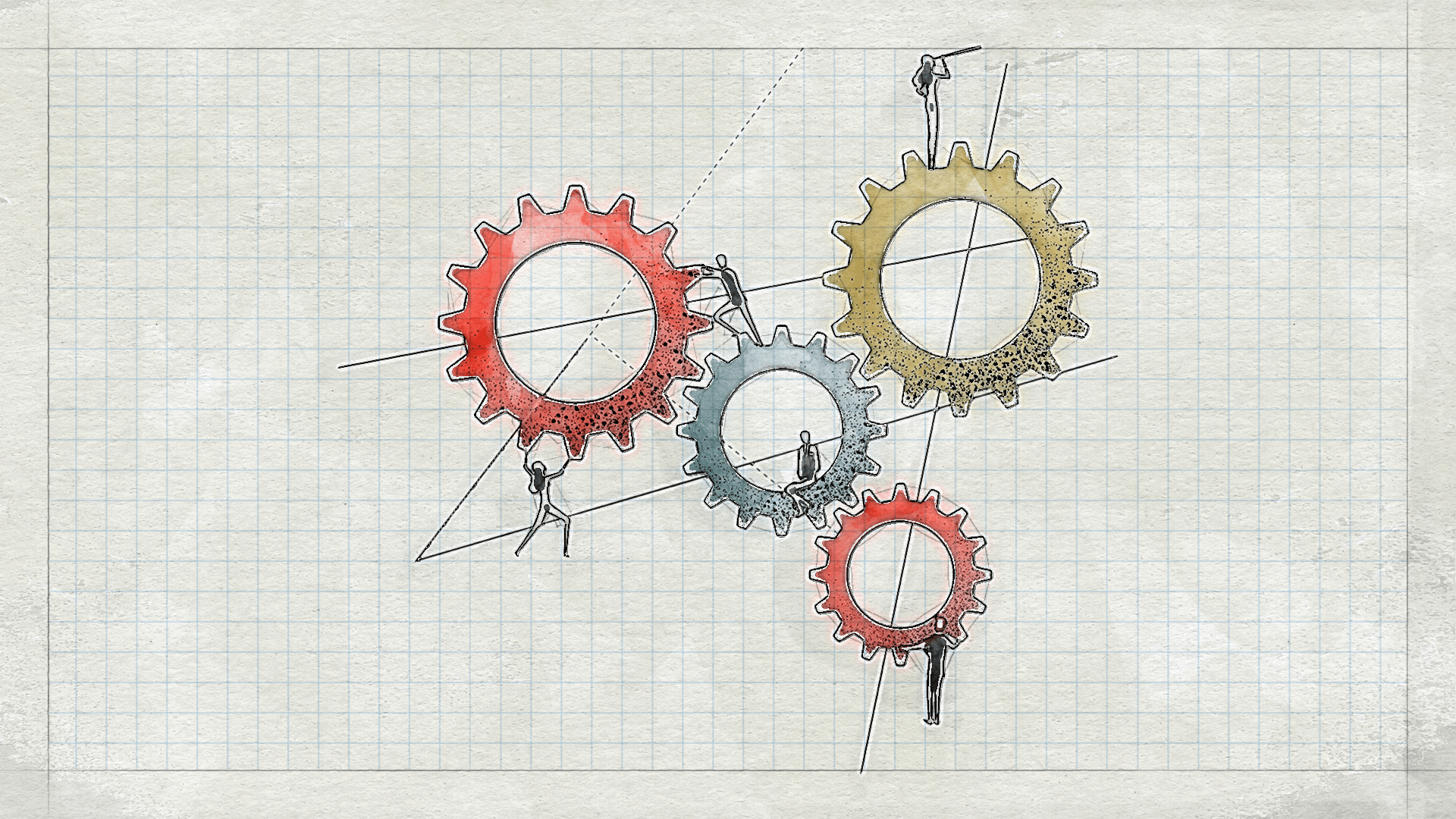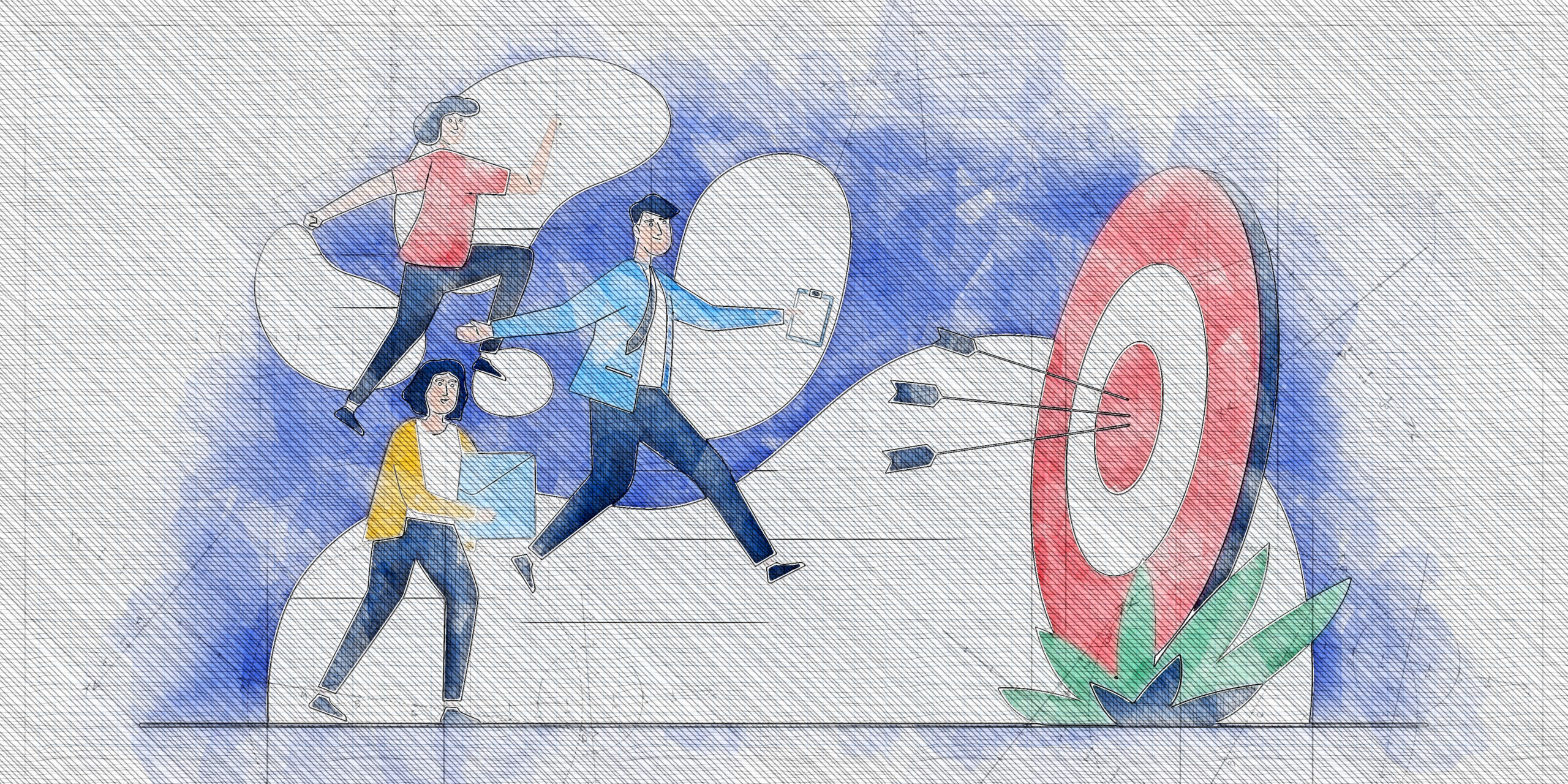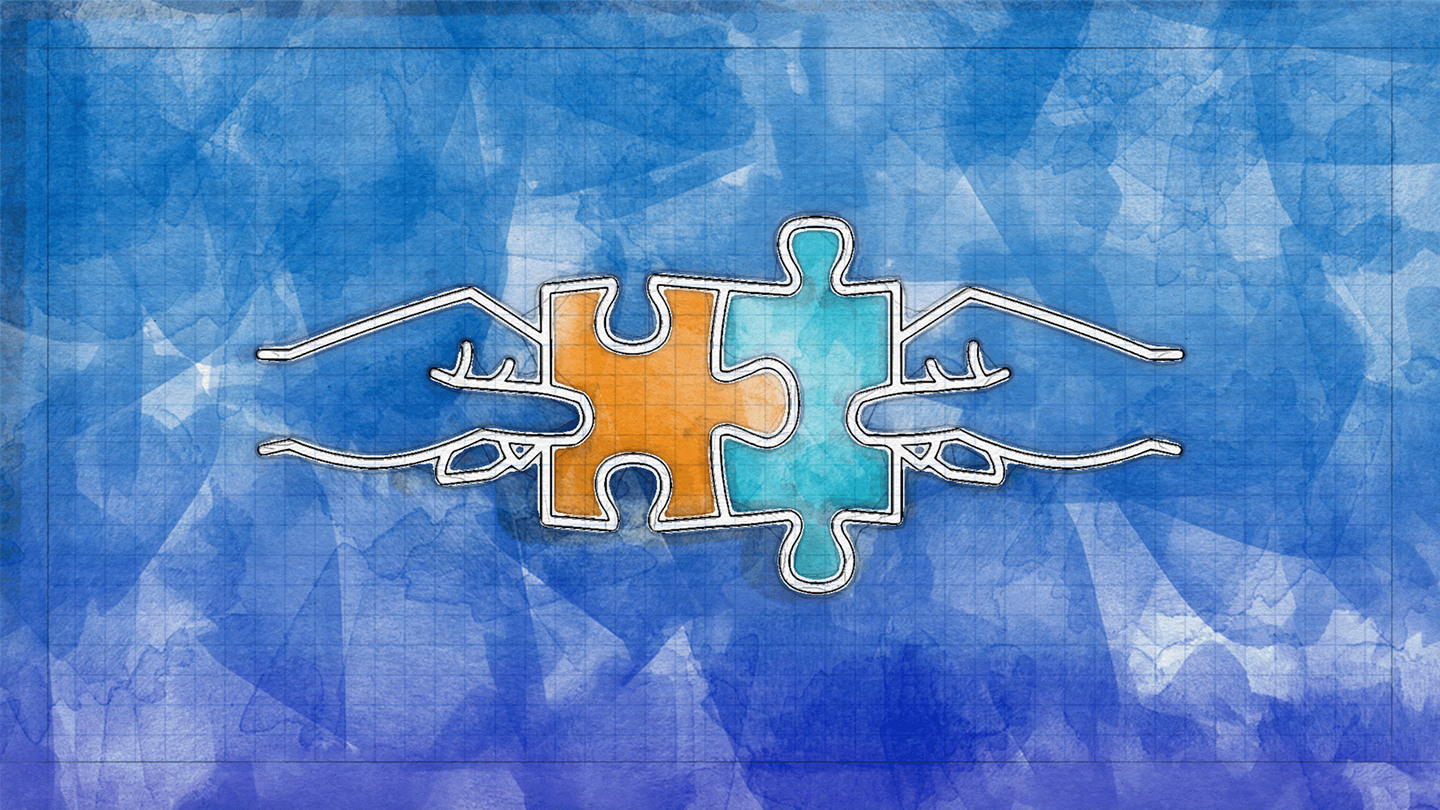Managers often realize the importance of regularly engaging with their team, fostering their growth, and motivating them to perform their best. However, despite being aware of these best practices, there is often a significant disconnect between what managers know they should do and what they actually do. The use of AI in leadership can help reduce this disconnect.
Numerous qualitative and quantitative research studies show how managers across industries are cognizant of what actions could create high employee engagement at workplaces, but struggle to implement this knowledge into practice – a phenomenon commonly referred to as the ‘knowing-doing gap’.
While traditional methods of teaching people management competencies like classroom training, in-person workshops, and e-learning can be effective in building knowledge of what to do, these essentially fall short of making the managers apply their knowledge in real time. This raises the question of why the ‘knowing-doing gap’ persists.
One factor is the perceived degree of difficulty in performing a task that can lead to the sustenance of the gap. Knowing what is to be done is half the story. Knowing that as a manager I need to resolve conflicts within my team is not enough. The need to also be aware of how to resolve conflicts is crucial. When there is a significant ambiguity on how to execute a particular people management skill, it leads to the persistence of this gap, as the perceived difficulty to perform that specific task is high.
There is an overwhelming amount of information that managers are expected to retain which has been increasing at a whirlwind pace, especially with significant advancements in technology and cultural norms around the world. Building more domain knowledge as well as keeping up with people management competencies comes to be a challenge and can lead to forgetfulness.
What does rsearch say?
Herman Ebbinghaus, a famous German psychologist did extensive research to prove how memory retention declines over time and how information is lost, especially if there is no attempt to retain it. Practicing the behaviors that have been learned, to form steady consistent habits is key.
Now, if a manager has cracked the code of what behaviors to apply and practises them to get better at people management, but does not get relevant feedback from their surroundings or the outcome of the behavior is delayed, it gets all the more difficult to sustain that habit as it is prone to perish over time. To summarise, managers may very well require a system that reminds them to consistently perform constructive behaviors to form habits, especially if there is a significant degree of perceived difficulty; if those behaviors require recalling actions from memory; and if there is poor feedback and delayed gratification for the behavior performed.
As mentioned in the book ‘Nudge’ written by Richard Thaler and Cass Sunstein, to bridge ‘knowing-doing gap’, one of the most effective ways is nudging individuals. The authors define nudge as, “…any aspect of the choice architecture that alters people’s behaviour in a predictable way without forbidding any options or significantly changing their economic incentives. To count as a mere nudge, the intervention must be easy and cheap to avoid. Nudges are not mandates. Putting fruit at eye level counts as a nudge. Banning junk food does not.” A nudge makes it more likely for a person to behave in a particular way by altering the environment so that automatic cognitive processes are triggered to favor a desired outcome.
Use of AI in Leadership Development at Great Manager Institute®
With an aim to use the power of AI in leadership development to create sustained habits, we, at Great Manager Institute® have built a new feature called ‘Behavioural Nudges’. Every day, managers using our AI-powered people leadership assessment and development platform receive a simple action that they are supposed to perform during the day to sustain their journey to become great people managers.
The proposed actions are a simple, no-brainer, which exactly details out what is supposed to be done and how. For example:
“Connect with at least two team members today and ask them how you can support them with their work.”
“Take some time today to appreciate a team member and share that appreciation with the group.”
Managers receive nudges depending on various goals that get selected through our employee feedback survey to prioritize a specific area of outcome to work upon. For example, if your employee feedback survey shows that your team feels you are not guiding them enough, not sharing relevant feedback, and are not focusing on their professional development, then ‘Increase team’s productivity’ is an outcome goal captured for you.
Nudges would be customized to build such behaviors that would make you increase feedback sharing with your team, guide them, and focus on their professional growth. Likewise, there are outcome goals like ‘Reduce team conflict’, ‘Improve team motivation’, ‘Enhance team collaboration’, etc. which send you customized nudges that exactly answer the ‘how-tos’ of listening to your team, resolving conflict between individuals, involving team members in decision making, recognizing efforts of your teams, building intra-team and inter-functional collaboration, etc.
The impact of The Nudge
By providing nudges on a daily basis, which answers what is to be done, how and when, we aim to significantly decrease perceived difficulty and manage forgetfulness by reducing the cognitive load on memory for each manager. Since the effects of a manager’s actions on employee engagement, team performance, and productivity may be gradual, the feature offers a gamified learning experience with instant rewards. Each time a user completes an action, they can mark it as ‘Done’ and earn coins that are collected in one place, making the experience fun.
As experts at fostering people management skills, our constant aim is to bridge the ‘knowing-doing gap’ across industries and functions by making learning exciting, and effective which brings significant results in managers. We truly believe in creating a world where every individual gets an opportunity to work with Great People Managers™. The use of AI in leadership development accelerates our journey towards achieving our objectives more efficiently.

